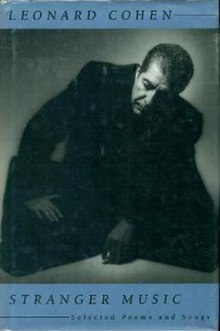In 1934, a 22–year–old aspiring writer called Arnold Samuelson hitchhiked to Key West, Florida to seek advice from his hero Ernest Hemingway.
He recorded Hemingway’s thoughts on writing, storing the manuscript in a drawer, where it was found by his daughter after his death in 1981. She arranged for it to be published as With Hemingway: A Year In Key West and Cuba
While mentoring Samuelson, Hemingway offered an abundance of advice, including this tip:
The best way is always to stop when you are going good and when you know what will happen next. If you do that every day when you are writing a novel you will never be stuck. That is the most valuable thing I can tell you so try to remember it.
Hemingway was effectively cautioning writers not to worry about a reaching a daily word count which could become a drudge of a task, ruining their creativity.
Finishing a writing session mid-paragraph aware of where the story is going next helps momentum the next day. One’s brain works on the scene, while awake and asleep, which spurs on new ideas.
It’s a technique I’ve used many times, for after all, it’s far better to stop when things are going well than to wait until I’m stuck! I always follow Thomas Edison’s advice as part of the technique:
It’s surprising how many times sleeping on things produces great ideas.
It turns out that Hemingway’s suggestion is based on a psychological phenomenon known as the Zeigarnik Effect. Named after Bluma Wulfovna Zeigarnik, a Russian psychiatrist and psychologist, who extrapolated from an observation her professor made about waiters—that they hold a diner’s order in their minds until the food is served.
It turns out we all remember unfinished tasks better than completed goals, which provides great motivation to complete it.
https://curiosity.com/topics/you-can-sharpen-your-memory-with-the-zeigarnik-effect-curiosity
This year, as I build an online author platform in preparation to launch my Cornish Detective novels as a self-published series, I’ve been working in fits and starts on a novella as therapy, but it’s rather backfired on me. Each time, I’ve stopped writing at interesting plot incidents, sometimes not returning to the story for a couple of weeks, which has turned it into a spiky Rubik’s Cube in my mind!
It’s a great sensation when you’re on a roll while writing, in the creative groove, firing on all cylinders and adding to your masterpiece, but that might be the time to pause for a few hours…
What do you think?

























